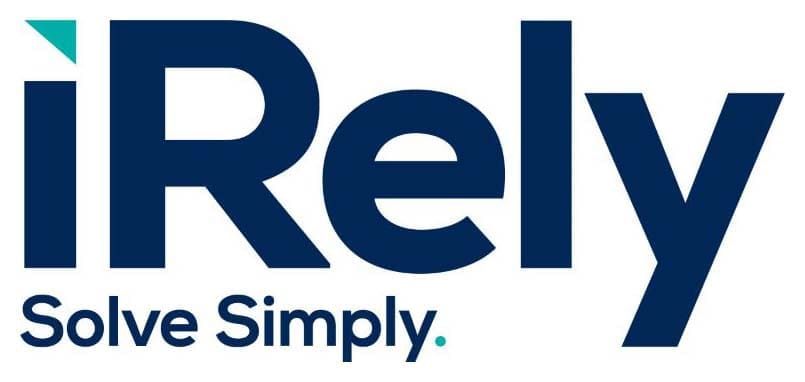Can you use your enterprise resource planning (ERP) software for commodity management (CM)? Many ERP vendors argue that it’s the perfect solution. You are already comfortable with the system, and you can augment it with spreadsheets and other tools to get all the functionality you need.
However, you need to be careful. ERP systems were not designed for commodity management, and that can create issues – costing time, delivering inaccurate reports, and costing you profits.
Why not choose ERP for commodity management?
ERP systems are designed to manage transactions where the price of goods is known and does not change as the goods travel through the supply chain. The way commodities are bought, sold, shipped, stored, invoiced, accounted for, and valued throughout the supply chain falls outside standard ERP capabilities.
- Commodities have a variety of price types, including un-priced, index, NPE, and other more complex pricing models. It is possible to purchase commodities without knowing the price of the commodity at the time of purchase – something ERP is not designed to handle.
- Commodity prices are constantly changing. Various exchanges and exchange types produce hourly, daily, or monthly market prices. While the commodity is in transit, its price will fluctuate. ERP systems cannot create comprehensive contracts in an environment where market prices are volatile and variable.
- ERP cannot match buy-to-sell allocations for goods that have constantly changing prices. You need to accurately match commodities with varying prices to purchase and sales orders that may include partial batches or multiple batches with different prices.
- ERP does not provide support for negotiating exposure reporting or provisional invoices. Exposure reporting is essential for commodity management. You must know your vulnerabilities to ensure you are effectively managing risk.
- Mark-to-market valuations in physical markets are too complex for standard ERP systems, and exposure calculations require new logic to be written. Understanding your true market exposure is critical for effective commodity management.
- Core derivatives capabilities are absent in ERP systems. Derivatives are an essential tool for risk management in many commodity markets.
- ERP does not provide risk and compliance capabilities that regulators and other stakeholders require.
ERP systems are not designed to meet the unique and complex nuances of the commodity trading value chain. Commodity prices are constantly changing throughout the (frequently) very long journey from harvest to destination. For example, manufacturers securing raw materials to produce food products must accurately account for the value of raw materials to ensure profits, but the cost of raw materials can change hourly based on market dynamics, weather events, or supply chain disruptions they cannot control.
Commodity management software is specifically designed to handle the complexity of all aspects of commodity trading, including physical trades, pricing, accounting, derivative trades, position, mark to market, origination, logistics, risk management, procurement, planning and scheduling. CM enables commodity-intensive businesses to create complex hedging strategies to mitigate risk.
Choosing ERP for commodity management may seem like the easy answer but filling the gaps to ensure you get the functionality you need can quickly become expensive and overwhelming. If you need to manage commodity trading, you need to use a solution developed specifically for commodity management.
Use this quick reference sheet to understand the differences between ERP and CM.
